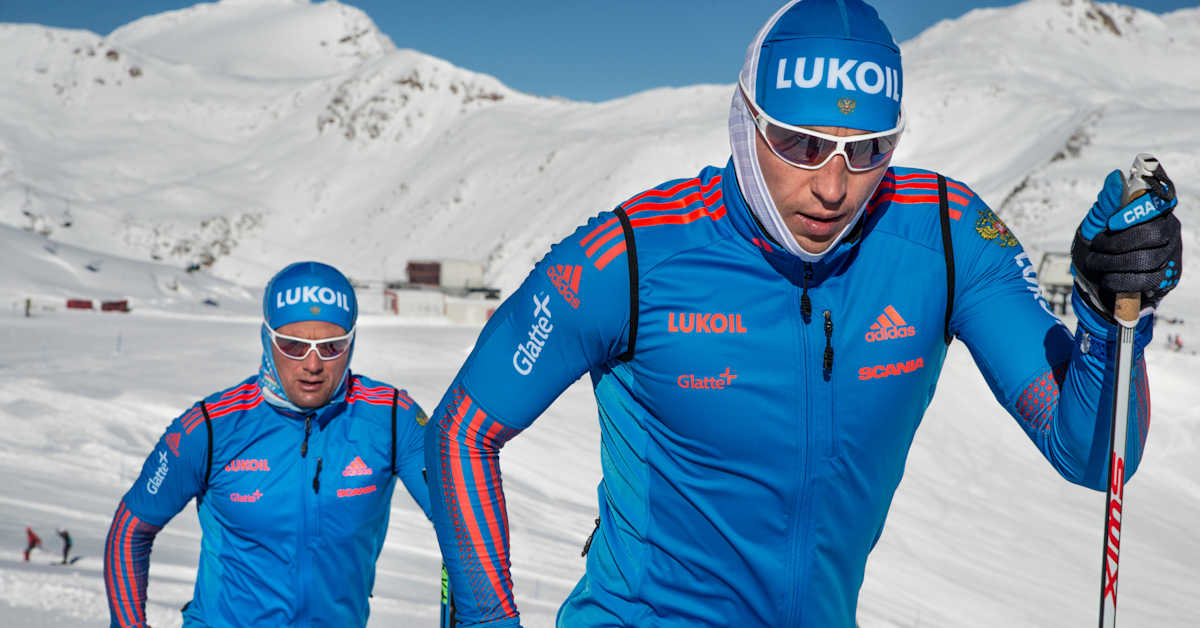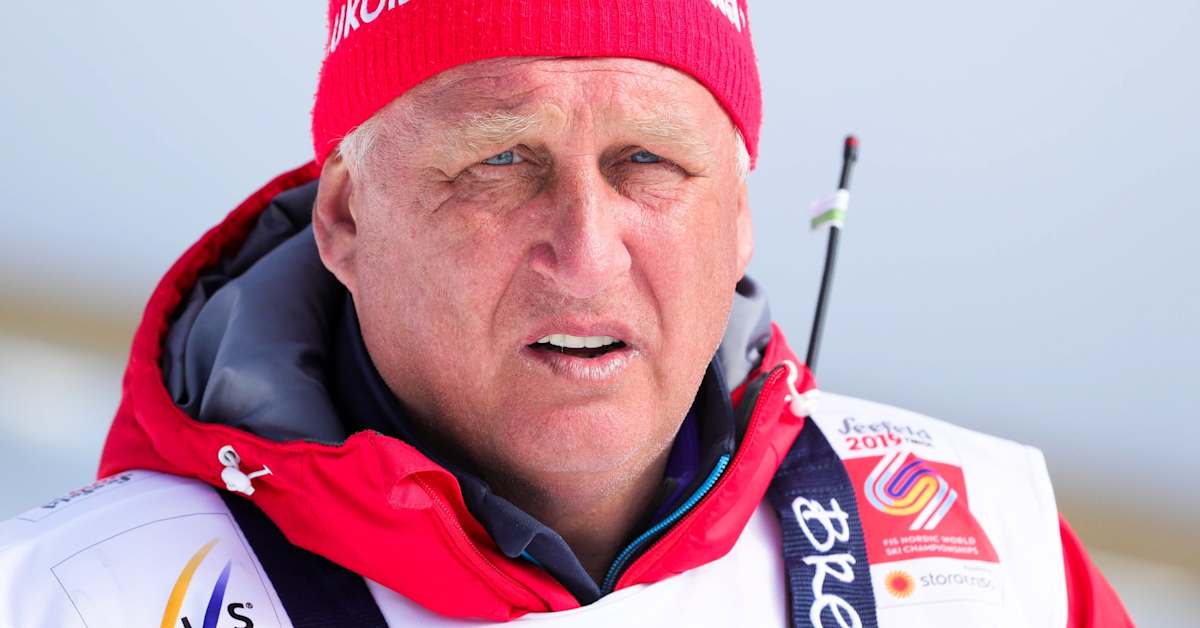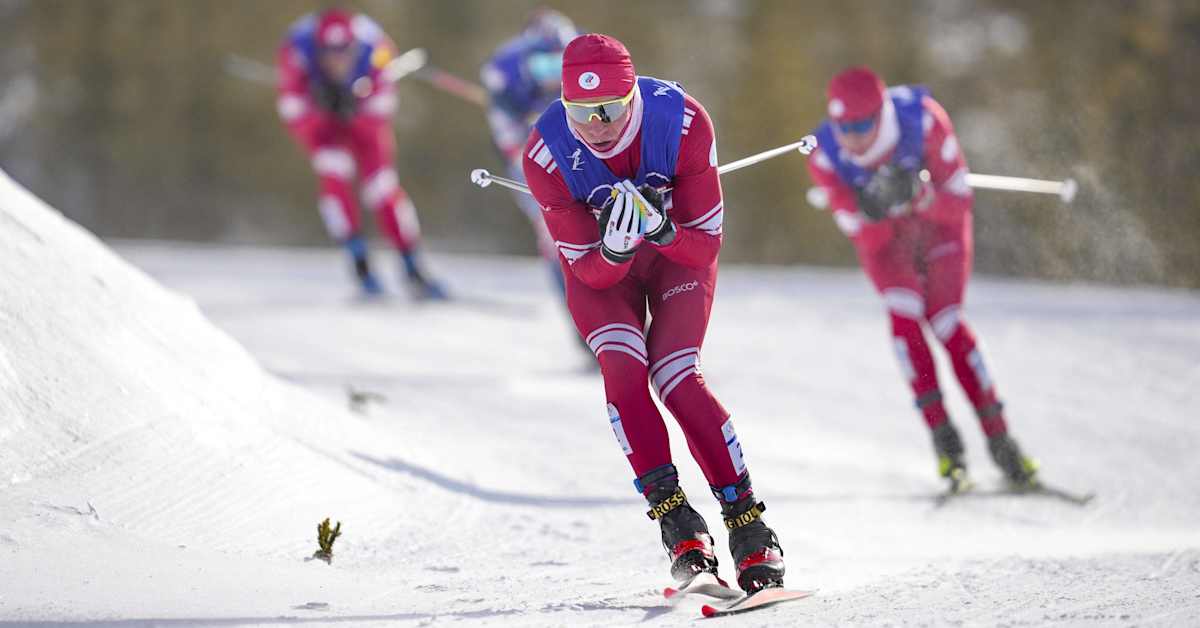
Russian coach blasts Nordics over FIS ban: claims decision-makers were “pressured”
Originally published in Yle on November 08, 2025
The piece was produced in cooperation between Nordic public broadcasters Yle, SVT (Maria Lapenkova/Victor Vedin) and NRK.
Norway’s Emil Iversen, a four‑time world champion, unexpectedly met familiar Russian faces while training with the Norwegian team in Livigno, Italy. He told Sweden’s SVT that while many countries’ travel restrictions complicate matters, Russian athletes can still privately train in Europe if they have visas or residence permits.
Iversen said he has had many great races against Russians and that their presence increases the excitement of the World Cup, but he supports the FIS ban on Russian participation as long as the war in Ukraine continues. For him, human rights and safety take precedence over sport.
Russian reactions and claims of pressure
Russian team members also spoke to SVT. Head coach Yegor Sorin said comments by Norwegian and Swedish skiers shortly before FIS’s latest decision felt like pressure on decision‑makers. He specifically criticized Johannes Høsflot Klæbo for celebrating the ruling, arguing that many young athletes who admire him were deprived of an Olympic opportunity.
Rising Russian men’s skier Savely Korostelev argued that Nordic skiers’ expectations that Russians speak out against the war amount to political messaging, insisting athletes and politics should be kept separate. Olympic relay champion Julia Stupak said she perceives animosity toward Russians and stressed she does not want to be judged by her nationality.
Iversen countered that sport and politics are entwined differently in Russia than in Norway, noting the military values in Russia. He stated that while Russians have lost their Olympic dreams, Ukrainians face nightly bombings and death—making the issue clear to him.
Polite but cool encounters on the trails
Recent meetings between Russian and other national cross‑country skiers on European training tracks have been mostly polite but distant. Austria’s Mika Vermeulen was angered after meeting Olympic champion Veronika Stepanova, who openly supports Vladimir Putin, in Ramsau. In Livigno, Iversen said greetings are exchanged but conversations rarely go further, partly due to language barriers.
Sorin likewise said there is no close contact and he sees little point in debating. Korostelev downplayed the drama, saying they train alongside figures like Klæbo and Iversen without problems. Stupak added she still communicates privately with some athletes online and receives messages that Russians are missed and should return.
Iversen concluded that while he understands Russians feel treated unfairly, from the rest of the world’s perspective the situation is straightforward: they need to talk to their leadership and behave responsibly. The best outcome for the world and for skiing would be an end to the war and the return of Russian athletes to World Cup competition.
See Also
Cross-country: Russian coach slams FIS ruling as “smelling of Russophobia”
November 08, 2025 / SVT Sport

Cross-country skiing: Veronika Stepanova backs Putin – trains alongside Norwegian skiers in Livigno
November 10, 2025 / SVT Sport

Swedish FIS chief Eliasch on Russia: “Not an easy decision”
October 24, 2025 / Sveriges Radio – Radiosporten
